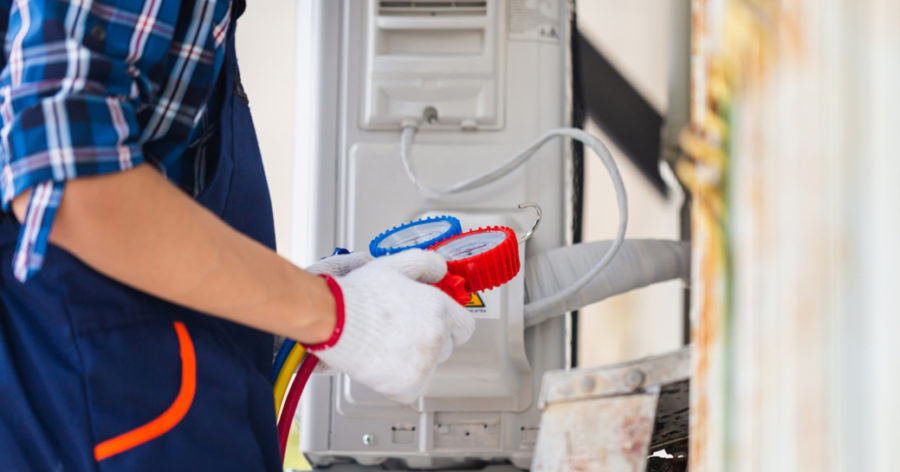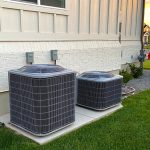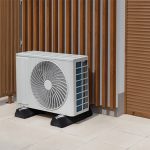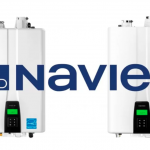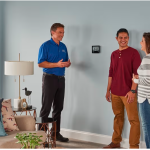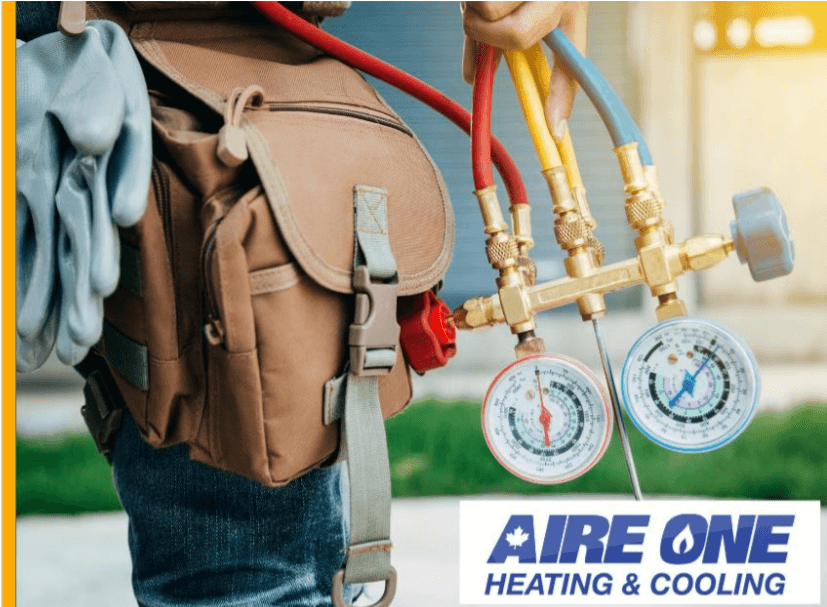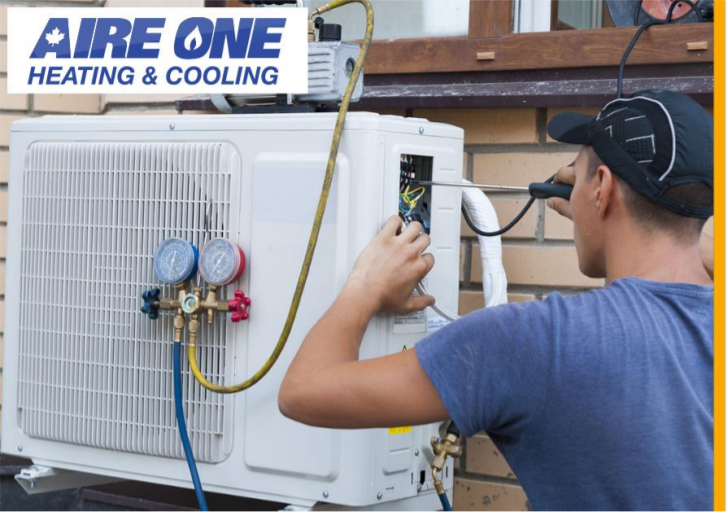Air conditioners play a crucial role in maintaining a cool and comfortable environment in our homes during the hot summer months. It can be tough to decide which kind of air conditioning system is best for you, though, because there are so many different varieties. In this blog post, we will explore the various types of air conditioners, highlighting their advantages and disadvantages, to help you make an informed choice when selecting the ideal cooling system for your home.
Types of Central Air Conditioning Systems:
In homes, the most common type of cooling system is a central air conditioning system. These systems employ ductwork to circulate cool air in the home. Here are the pros and cons:
Pros:
- Delivers whole-home comfort year-round.
- More efficient than portable room units
- Provides more accurate temperature control, used with programmable thermostats.
- Compatible with heating systems for all-year-round comfort.
Cons:
- Need for professional installation and ductwork, which may be expensive
- No May not work in older homes without ductwork
- Another energy wastage happens when you cool the house and specific rooms are left unoccupied.
Window Air Conditioners:
Window ACs are self-contained units that are installed in windows or through a wall. They are meant to cool individual rooms or small areas. Here are the pros and cons:
Pros:
- To avoid excessive usage of new words, some adjusted bad words.
- Great for cooling one room or small location
- No alteration is required on the structure of the house.
- Still provides decent cooling for the area it is meant to fill.
Cons:
- Can block natural light and views, if installed on windows.
- Can be louder than other types of air conditioners
- Needs Pays attention to care and cleaning.
- Cooling is contained to the room or space in which it is placed.
Ductless Mini-Split Air Conditioners:
Ductless mini-split air conditioners consist of an outdoor unit and one or more indoor units that are mounted on the wall or ceiling. They also offer zoned cooling and are suitable for homes without ductwork. Here are the pros and cons:
Pros:
- One with zoned cooling, which means each room can have its own desired temperature.
- It intuitively saves on energy, as it cuts the energy losses from ductwork.
- Can be fitted into homes that don’t have existing ductwork.
- Offers cooling as well as heating.
Cons:
- Professional installation is required.
- Compared to other options, the initial upfront costs can be higher.
- It requires regular maintenance for better performance.
Portable Air Conditioners:
Portable air conditioners are freestanding devices that can be moved from room to room where necessary. They usually employ an exhaust hose to vent hot air out a window or through a wall. Here are the pros and cons:
Pros:
- Lightweight and portable.
- Best for renters or short-term cooling solutions.
- It doesn’t need to be installed or make any changes to the structure of the home.
Cons:
- Not as energy efficient as certain other a/c types.
- It can be quite noisy when in use.
- Can clog and requires routine maintenance like emptying condensate, cleaning filters, etc.
- The cooling capacity might be inadequate for bigger areas.
- List your needs, and seek professional advice from our experts at Aire One Peel spelling the right type of air conditioner for your home.





